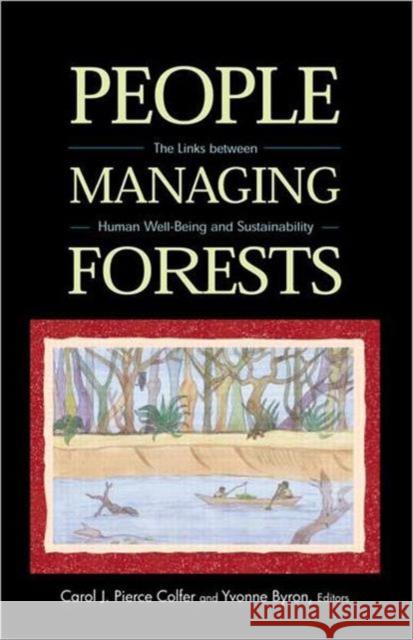People Managing Forests: The Links Between Human Well-Being and Sustainability » książka
People Managing Forests: The Links Between Human Well-Being and Sustainability
ISBN-13: 9781891853050 / Angielski / Twarda / 2001 / 464 str.
People Managing Forests: The Links Between Human Well-Being and Sustainability
ISBN-13: 9781891853050 / Angielski / Twarda / 2001 / 464 str.
(netto: 606,39 VAT: 5%)
Najniższa cena z 30 dni: 579,30
ok. 22 dni roboczych.
Darmowa dostawa!
How do we extend the conservation ethic to include the cultural links between local populations and their physical environments? Can considerations of human capital be incorporated into the definition and measurement of sustainability in managed forests? Can forests be managed in a manner that fulfils traditional goals for ecological integrity while also addressing the well-being of its human residents? In this study, an international team of investigators apply a diverse range of social science methods to focus on the interests of stakeholders living in the most intimate proximity to managed forests. Building on a series of criteria and indicators of sustainable forest management first tested by the editors and their colleagues in the mid-1990s, the researchers address such topics as intergenerational access to resources, gender relations and forest utilization, and equity in both forest-rich and forest-poor contexts.











